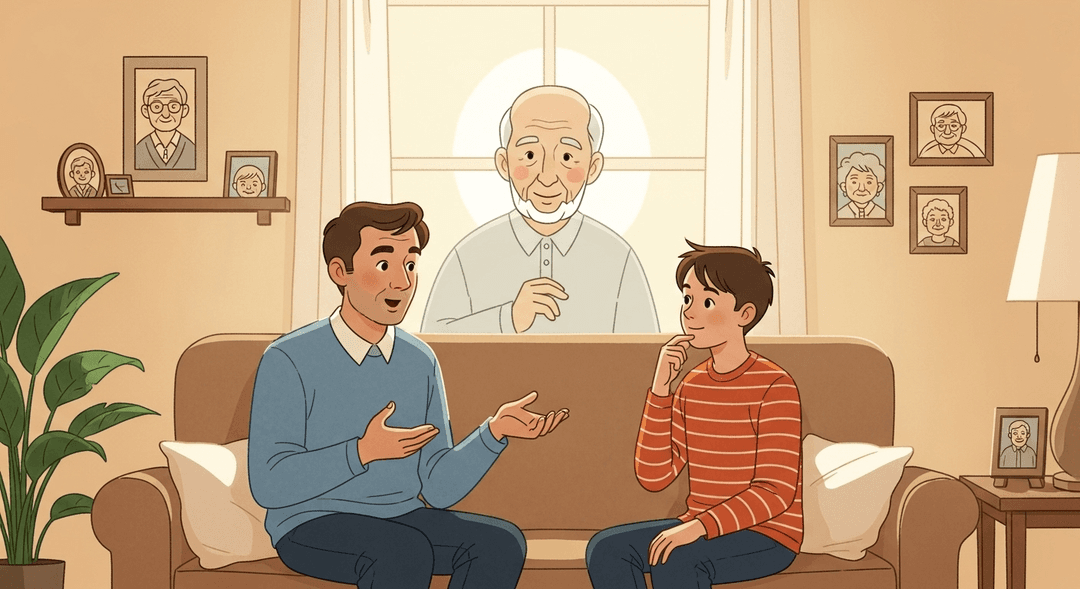If You Had a Difficult Relationship with Your Own Father, Seek to Understand and Break Negative Cycles.
Ever catch yourself mid-dad-lecture and think, ‘Wait, did my dad just possess me?’ Welcome to the generational déjà vu club, where we all accidentally channel our parents at the worst possible moment. If you’re ready to swap out ‘Because I said so!’ for something less haunted, this is your pit stop on the road to not becoming your own dad (unless your dad was awesome, in which case, congrats and please share your secrets).
Breaking negative cycles isn’t just good for your kid’s future therapy bills—it actually rewires your brain for empathy and self-control. For your child, it creates a safer, more predictable environment, boosting emotional security and resilience. For you, it means less guilt, more genuine connection, and the sweet, sweet relief of knowing you’re not just a copy-paste dad-bot.
How to do it
-
Notice when you’re about to react in a way that feels “familiar”—for example, if you catch yourself sounding suspiciously like your own dad.
-
Pause. Take a breath. Maybe take two.
-
Ask yourself: “Is this how I wish I’d been treated as a kid?”
-
If the answer is no, try something different. You might:
- Say what you wish you’d heard in that moment
- Choose to be silent and simply offer a hug
-
Give yourself a high-five—mentally, or in the mirror (your choice)—for breaking the pattern, even if it’s just a little bit.
Tips:
- Noticing is the first step to changing old habits.
- Pausing gives you space to choose a new response.
- Small changes add up over time—celebrate your efforts!
